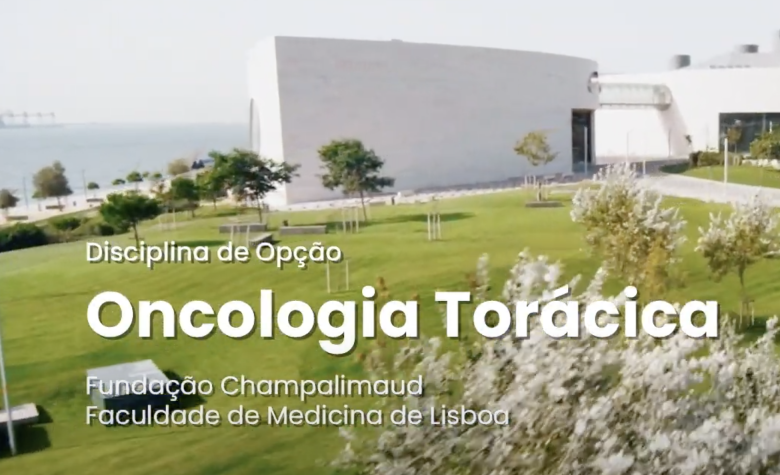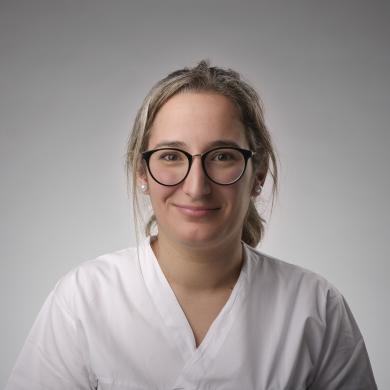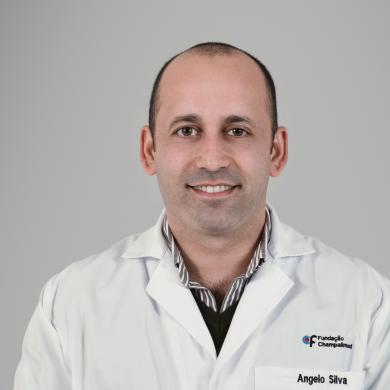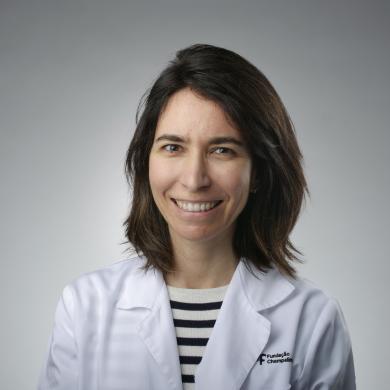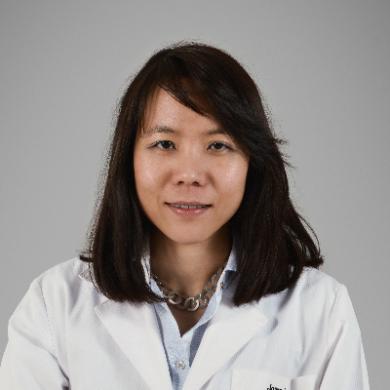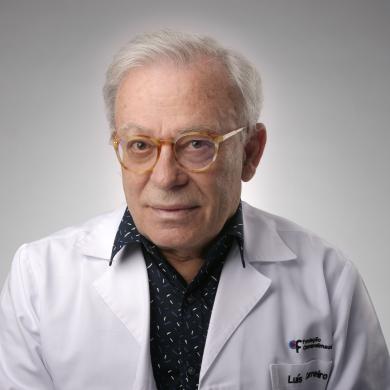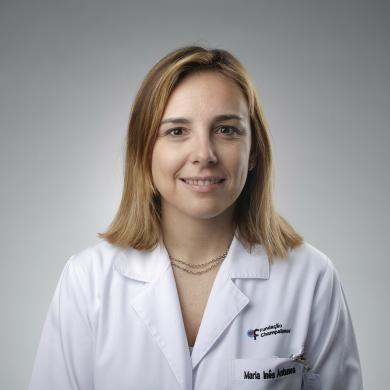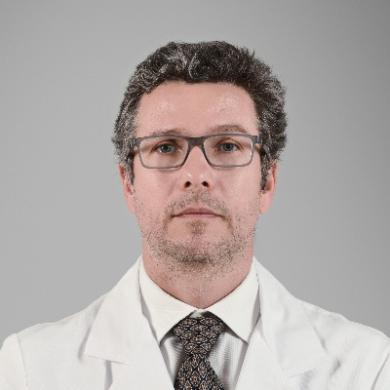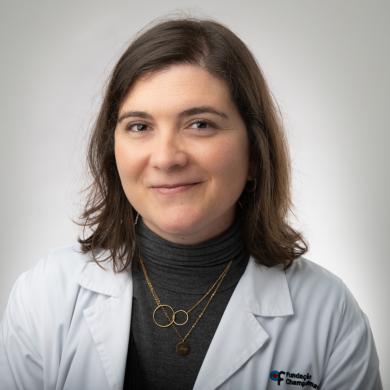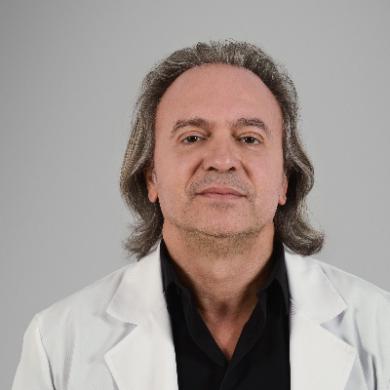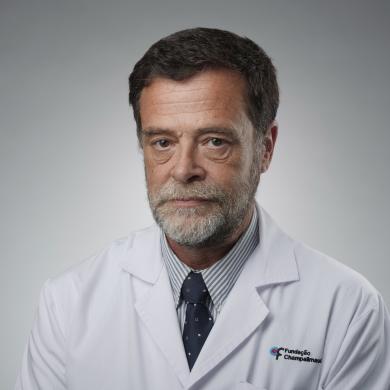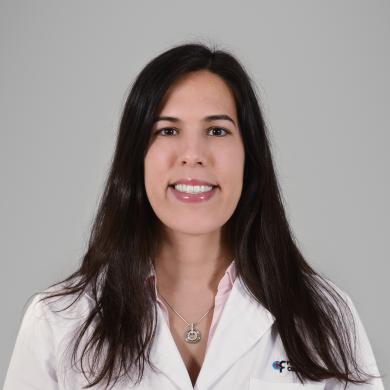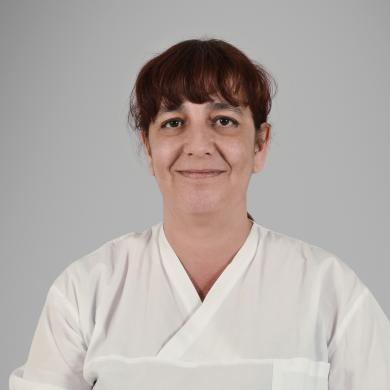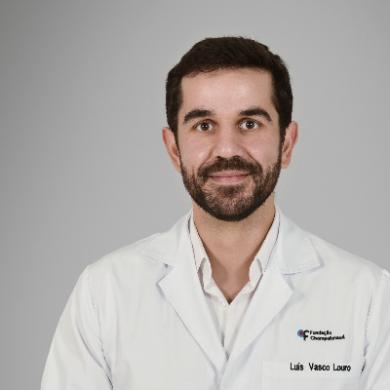- Clinical Areas
Multidisciplinary Pathology Units
Lung Unit
The Lung Unit of the Champalimaud Clinical Centre treats the type of cancer with the highest worldwide incidence (1.6 million cases/year, 12.7% of the total) and mortality (23% of all cancer deaths).
Lung Unit
Pathology
Fighting the statistics
More than 4,000 new cases of lung cancer are diagnosed in Portugal every year. It is the main cause of oncologic death in men and the fourth most important in women.
A multidisciplinary team, composed of medical oncologists, thoracic surgeons, pneumologists specialised in oncologic procedures, radio-oncologists, pathologists, geneticists, experts in nuclear medicine, nurses, psycho-oncologists, nutritionists and palliative care specialists, works together to provide the patients with the most advanced diagnostic and therapeutic resources available.
Alongside the research performed within the Biology of Systems and Metastases (BSM) Programme, the Champalimaud Clinical Centre has, inside the Lung Cancer Unit, an ongoing programme of cancer risk-assessment and early diagnosis aiming to diagnose the disease at stages that allow curative treatment, in order to significantly alter the prognostic of lung cancer patients.
In this context, we perform low-dose CT scans as part of a wider, meticulous plan of risk assessment and early diagnosis to detect the disease at its earliest stages. We know today that this can lead to a 20% reduction in mortality due to this type of cancer, which is a very significant figure considering that this is the cancer with the highest mortality rates in the world.
Apart from lung cancer, our team at the Lung Cancer Unit treats other types of thoracic tumours, including thymomas, other mediastinal tumours, sarcomas, tumours of the thoracic wall and mesotheliomas, as well as lung metastases arising from other tumours.
We feel compelled to be compassionate, which is the art of being professional and human. We have the obligation to be the light along the dark tunnel of human suffering.
Lung Unit
Diagnosis and Treatment

Comprehensively Treating
Through the implementation of the diagnostic and therapeutic techniques, such as electromagnetic navigation bronchoscopy and the functional respiratory testing laboratory, the Unit is equipped to perform functional respiratory assessments, which are essential to correctly planning the therapeutics of many patients with lung cancer.
The beginning of thoracic surgery interventions at the CCC, in May 2016, and the access to diagnostic and therapeutic endoscopic techniques, have enlarged the scope of therapeutic options provided by the Unit and made possible the team’s involvement in various clinical and applied research studies.
The lung cancer Unit thus possesses a unique diagnostic and interventional capacity, having at its disposal all the endoscopic techniques currently in use, both for diagnostic purposes (endobronchial ultrasound – EBUS) and for the treatment of endobronchial lesions with argon or laser. In late 2017, an electromagnetic navigation bronchoscopy device was installed at the CCC, being the first such equipment to be available in Portugal. With this equipment, it is possible to perform endobronchial biopsies or treatments on peripheral pulmonary lesions.
The expert team of surgeons performs an innovative and minimally invasive thoracic surgery modality through single incision thoracotomy and video-assisted surgery. It can also perform high-precision image-guided stereotactic radiotherapy (SBRT), enabling the localised treatment of well-delimited metastatic lesions and even primary lung lesions for patients who are not clinically eligible for surgical treatment.
Lung Unit
Clinical Research
Curbing disease progression
The team is involved in several collaborative international clinical trials. In one of them, the CCC’s Unit was the best recruiter at the national level.
Several projects are ongoing, particularly the Champalimaud Lung Cancer Research Programme, in partnership with the Germans Trias y Pujol Hospital in Badalona, Spain, in collaboration with Professor Rafael Costa Rosell. The project is developing along several lines, which are focused on the team’s areas of interest and aim to study the various mechanisms involved in the progression of lung carcinoma with EGFR mutations, lung adenocarcinoma with KRAS mutations, and squamous cell and small cell carcinomas.
A further project has been launched, dedicated to the search for genetic signatures of cancer in exhaled air, based on mass spectrometry methodology, in collaboration with the start-up company Infogene.

